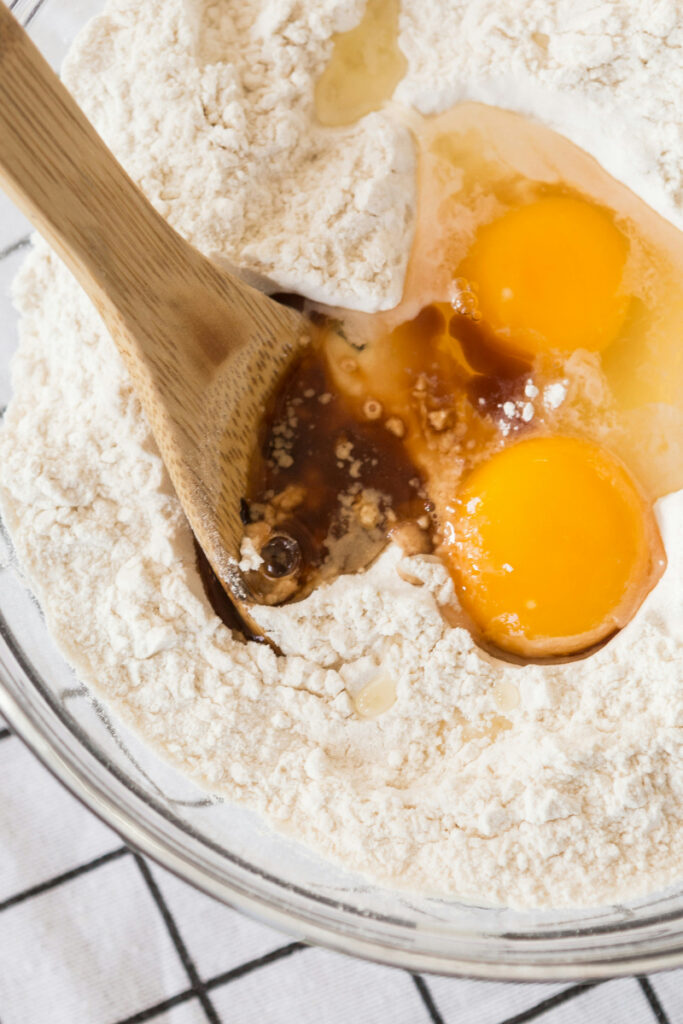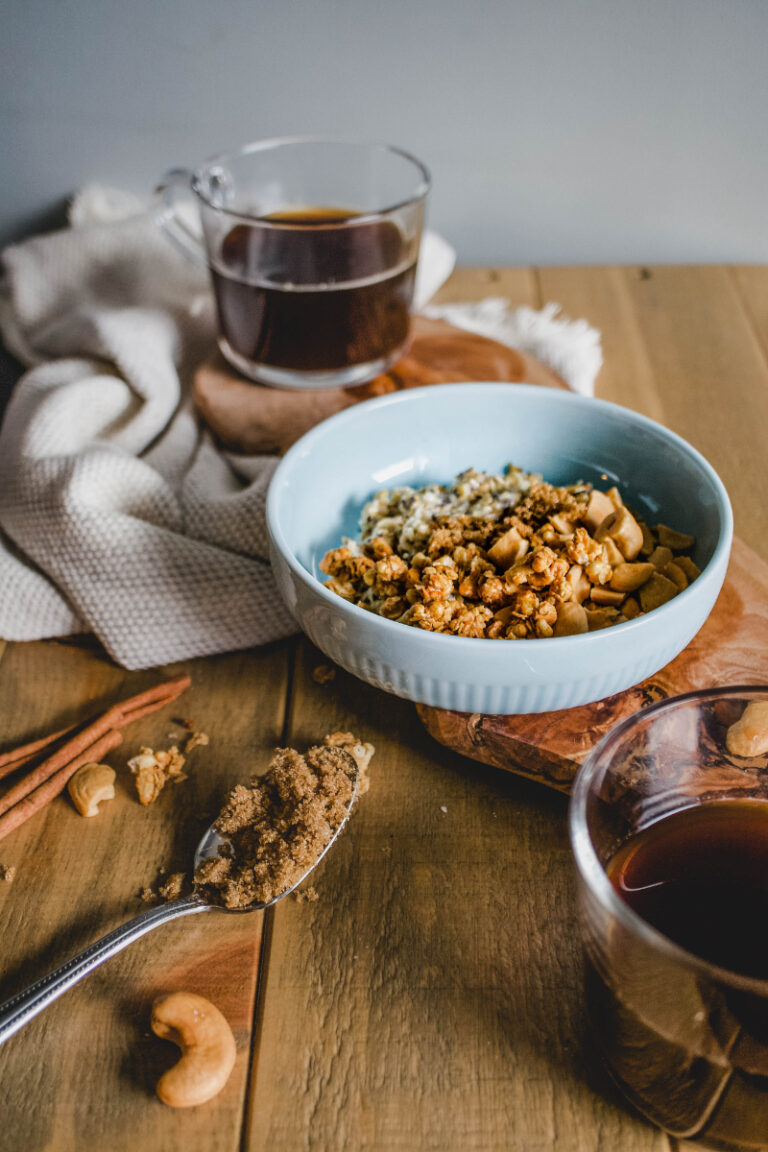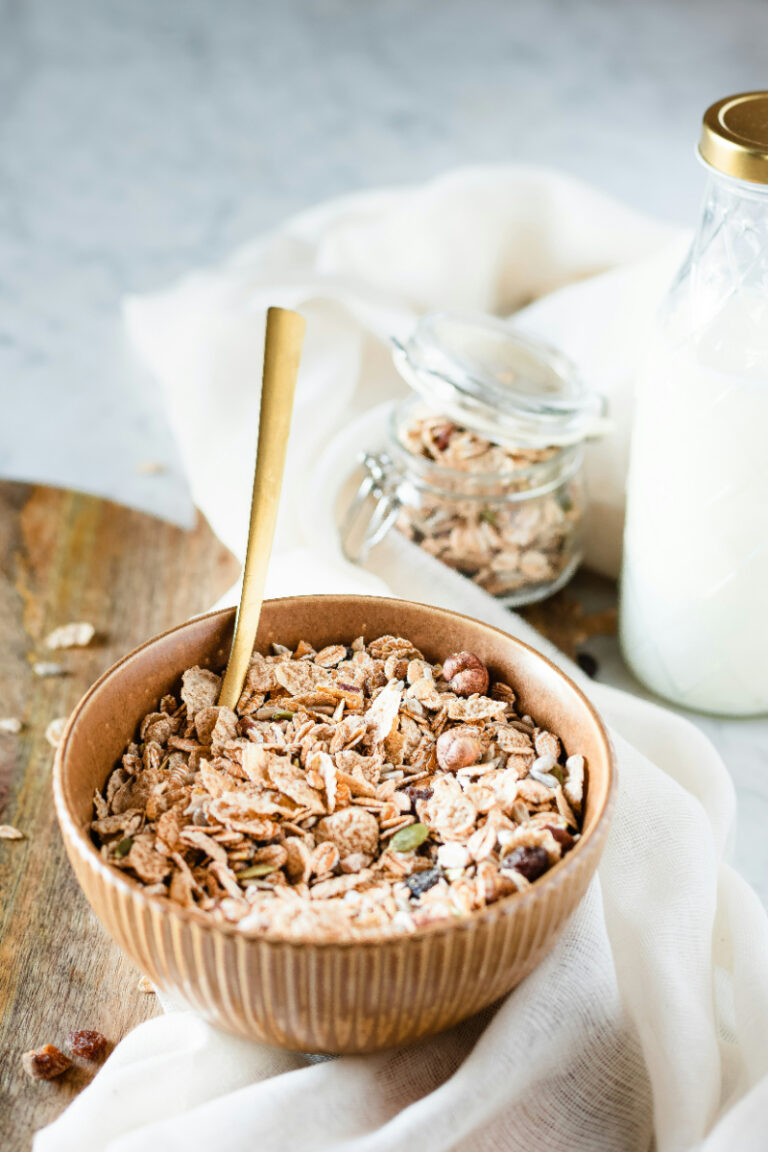How Many Carbs in Rice Flour: A Comprehensive Guide
If you’re someone who’s trying to watch your carb intake, rice flour may be a go-to for you. Rice flour is a popular alternative to wheat flour and is used in many gluten-free recipes. It’s a versatile ingredient that can be used in both sweet and savory dishes, but how many carbs are in rice flour?
The answer is that it depends on the type of rice flour you’re using. White rice flour is the most commonly used, and it has about 130 grams of carbs per cup. Brown rice flour has slightly fewer carbs, with around 120 grams per cup. However, there are other types of rice flour that have even fewer carbs, such as glutinous rice flour, which has around 100 grams of carbs per cup.

Carb Content of Rice Flour
If you’re looking for a gluten-free flour alternative, rice flour is a popular choice. But how many carbs does it contain? Let’s take a look.
According to Nutritionix, one serving of rice flour (3 tablespoons or 26 grams) contains 21 grams of carbs. This makes it a high-carb option compared to some other flours, such as almond flour or coconut flour.
However, it’s important to note that rice flour is still a better option than wheat flour for those following a gluten-free diet. Wheat flour contains around 24 grams of carbs per serving, but it also contains gluten, which can cause digestive issues for some people.
If you’re watching your carb intake, it’s important to keep in mind that rice flour should still be used in moderation. It can be a great option for certain recipes, but it’s not a low-carb flour alternative.
In summary, rice flour contains 21 grams of carbs per serving and is a good gluten-free alternative to wheat flour. However, it’s still a high-carb option and should be used in moderation if you’re watching your carb intake.
Comparing Rice Flour to Other Flours
When it comes to flour, there are many types to choose from. Each type of flour has its own nutritional profile and can be used for different purposes. In this section, we will compare rice flour to other common flours.
Wheat Flour
Wheat flour is one of the most common types of flour used in baking. It is high in carbohydrates and gluten, which makes it a good choice for making bread and other baked goods that require a lot of structure. However, if you are looking for a low-carb option, wheat flour is not the best choice. One cup of wheat flour contains approximately 95 grams of carbohydrates.
Almond Flour
Almond flour is a popular low-carb flour alternative. It is made from ground almonds and is a good source of healthy fats and protein. Almond flour is also gluten-free, making it a great option for people with celiac disease or gluten intolerance. One cup of almond flour contains approximately 12 grams of carbohydrates.
Coconut Flour
Coconut flour is another low-carb flour alternative. It is made from ground coconut meat and is high in fiber and healthy fats. Coconut flour is also gluten-free, making it a great option for people with celiac disease or gluten intolerance. One cup of coconut flour contains approximately 24 grams of carbohydrates.
As you can see, rice flour is not the best option if you are looking for a low-carb flour alternative. However, it can be a good option for people with gluten intolerance or celiac disease, as it is gluten-free. If you are looking for a low-carb alternative, almond flour or coconut flour may be a better choice.
Impact of Rice Flour on Blood Sugar
Rice flour is a popular ingredient in many gluten-free and Asian dishes, but it can have an impact on your blood sugar levels. As a carbohydrate, rice flour can raise your blood sugar levels, especially if you consume it in large amounts.
According to The Diabetes Council, both white and brown rice flour can raise your blood sugar levels, but white rice flour is likely to have a larger effect because it has been refined and is lower in fiber. This means that it is digested more quickly and can cause a rapid rise in blood sugar levels.

If you have diabetes or are trying to manage your blood sugar levels, it is important to consume rice flour in moderation. Dr. Shahid Shafi, a consultant in internal medicine, recommends that diabetics should consume rice flour in moderation due to its high glycemic index.
One way to minimize the impact of rice flour on your blood sugar levels is to combine it with other ingredients that are high in fiber and protein. This can help slow down the digestion of the rice flour and prevent a rapid rise in blood sugar levels.
Overall, rice flour can be a healthy addition to your diet if consumed in moderation and combined with other healthy ingredients. It is important to be mindful of your portion sizes and to balance your meals with other foods that can help regulate your blood sugar levels.
Tips for Managing Carb Intake with Rice Flour
If you’re trying to manage your carb intake, rice flour can be a great alternative to wheat flour. However, it’s important to keep in mind that rice flour still contains carbs. Here are some tips to help you manage your carb intake when using rice flour:
1. Use it in moderation
Rice flour can be a great addition to your diet, but it’s important to use it in moderation. One cup of brown rice flour contains around 120 grams of carbs, so be mindful of how much you’re using in your recipes. Consider using a mixture of rice flour and other low-carb flours, such as almond or coconut flour, to help reduce the overall carb content of your baked goods.
2. Pair it with high-fiber ingredients
Pairing rice flour with high-fiber ingredients can help slow down the absorption of carbs in your body and keep you feeling full for longer. Consider adding ingredients like chia seeds, flax seeds, or psyllium husk to your rice flour recipes to help increase the fiber content.
3. Watch your portion sizes
Even if you’re using rice flour in moderation, it’s still important to watch your portion sizes. Stick to one serving size of your rice flour recipe to help keep your carb intake in check.
4. Choose brown rice flour over white rice flour
Brown rice flour is a better option than white rice flour when it comes to managing your carb intake. Brown rice flour contains more fiber and nutrients than white rice flour, which can help slow down the absorption of carbs in your body.
By following these tips, you can enjoy the benefits of rice flour while still managing your carb intake.






